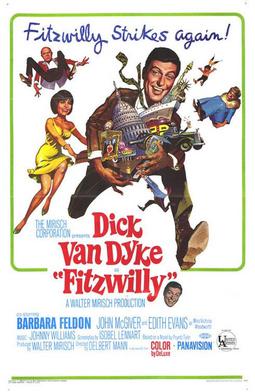A brow wrinkler:
For Americans accustomed to paying 4 or 5 percent mortgage rates, let alone the double-digit figures consumers endured in the early 1980s, the new loan from Denmark’s Jyske Bank might seem inconceivable.
The Danish lender last week started offering home buyers 10-year mortgages at an interest rate of -0.5 percent. That means borrowers over a decade will pay back a little less than the amount borrowed, not including one-time fees.
This highly unusual condition may be good for Danish home buyers, but economists say it’s an alarming sign for the global economy. Several major governments and more than 1,000 big companies in Europe are now able to effectively borrow from global financial markets at a negative interest rate. For Jyske Bank, that means it can turn around and lend money at a subzero interest rate, too. …
“This is the ultimate indicator that something is fundamentally wrong with the world economy,” said Adam Posen, president of the Peterson Institute for International Economics. “The escalation of the trade war is making it worse.” [WaPo]
A related article on the potential of a world-wide recession is here.
Neither article touches on a concern of mine, however: Monopolies.
Look, the field of lending money is a market like most others. That is to say, supply and demand are the primary drivers of prices in the market. In the lending money market, prices are denoted in interest rates, where the higher the interest rate, the higher the price.
Supply of money to lend comes from several sources, from common bank deposits to bonds to CDs (certificates of deposit). Each takes your money and lends it out to those who need it, eventually returning it to you plus a stated percentage worth.
Demand is market-specific, and demand for lent money usually[1] has to do with investment. What drives investment about, though? Two things:
Survival. When faced with larger, dangerous rivals in their market, firms will quite often invest research, facilities, and that sort of thing in order to grow their market offerings and survive their competitors’ depredations, and those investments are often funded through borrowing. This scenario is rarely susceptible to influence by politics, public or corporate, although it’s worth noting the defense industry can use politics to survive an otherwise intractable market position.
Grow profits. Firms driven by the need to grow profits will often invest, again in research, facilities, etc, and often will use borrowing to finance those investments. But what drives this need for growth in profits? Primarily investors looking to profit from their holdings. Interestingly enough, top level executives at most large companies have managed to insulate themselves from these demands through incumbency and general success, so these demands need not be necessarily met.
In a monopoly situation, the Survival reason diminishes and can approach zero. I think we’ve seen a great deal of consolidation in many industries, and the fact of the matter is that many markets have become dominated by monopolies, some of them government-run – meaning they don’t have to borrow money.
That, in turn, reduces general demand for lent money, and thus low, and even negative, interest rates. While it sounds like madness, it may be a way for lenders to lock-in customers for future profits; loss leaders, so to speak.
All of this leads, in a way, to meditations on What is a healthy economy, anyways? Is it the perpetually growing, perpetually higher profits that we’ve seen in the past, intermittently interrupted by recessions and depressions? Or is there a healthy steady-state economy in which profits are relatively static?
And what if it turns out that this is a long-term trend? Look for banks to get a little desperate as profits from lending continue to dry up. After all, the boardroom insulation from investor demands isn’t perfect, and if profits begin to drop, then the top level executives may be replaced, which will lead to more desperation.
The addiction to ever-increasing profitability may be hard to break.
1 A notable exception is the practice of borrowing money to pay a corporate dividend. While I’m sure there are legitimate reasons for the practice, I can’t think of any; among the illegitimate, morally speaking, reasons is ego.













 Fitzwilly
Fitzwilly







